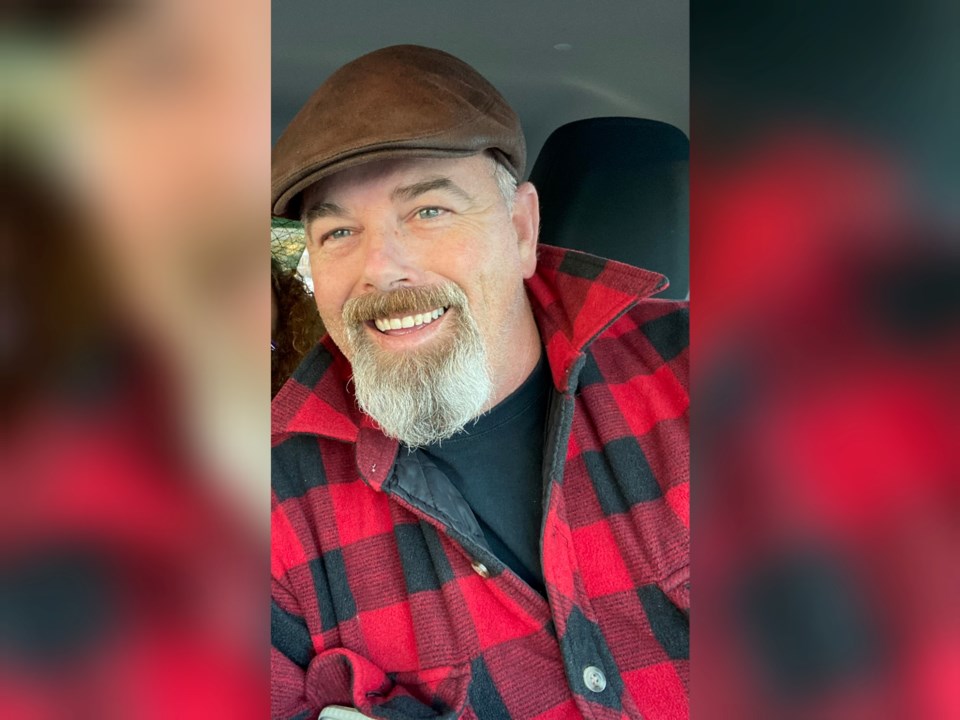This week marked the 100th anniversary of the Royal Canadian Air Force and for an area air force veteran, the anniversary is special.
For this week’s edition of People of Collingwood we spoke with Chuck Arrand, 55, air force veteran and zone commander for area legions.
Q: Where were you born?
A: I grew up in Ottawa, in the east end.
My grandfather and uncle were in the military, and my father spent a short time in the military too.
Q: How did you first get involved in the military?
A: My grandfather was an air force engineer and he built runways.
It truly was the fastest way to get away from home. They gave me clothes, food and a paycheck.
I joined the reserves, and I enjoyed the lifestyle. I was an air force logistician. My specialty was transportation. It’s all about making sure whoever was doing the job had what they needed to survive.
I retired at Borden as fleet manager of the base in 2015, nine lovely years ago.
Q: The RCAF celebrated its 100th anniversary this week. Why is the air force so important to you?
A: It goes back to the Battle of Britain and their successes in the Second World War. The air force softens the ground and protects the army.
If I couldn’t get things anywhere in the world by truck, I could do it by plane and quickly.
They have an important and critical role to play, and have for their 100 years of existence.
Q: You do a lot of work locally to keep track of veterans. Can you tell me about that work?
A: I live in New Lowell. I’m zone commander and look after 12 legions south of Collingwood, while Shawn McKinlay looks after the eight that include Collingwood.
I’m heavily involved with the legion. I host an annual veterans dinner at the end of April celebrating the Battle of Atlantic. We assembled all the veterans we could invite. We sent out 600 invitations last year and we had 300 attend our dinner.
We’re doing it again this year in Creemore, and, next year, I’m hopefully moving it to Collingwood.
Q: Why is that work important to you?
A: Veterans can fall through the cracks in transition to civilian life.
Veterans Affairs does a wonderful job for them once they know there’s a need. Where veterans fall through the cracks is when they get tired of bureaucracy and don’t let them know their needs.
The legion really is that stop-gap solution. When we find a veteran who is in need, we throw the financial weight of the poppy campaign (behind) them while getting their information to Veteran Affairs to get the process started.
It takes time, but during that time gap they have someone they can talk to – a fellow veteran.
Q: Does that happen often – situations where you have to intervene to make sure veterans get the support to which they’re entitled?
A: Yes.
Veterans Affairs is a very bureaucratic organization, and veterans are a very proud group.
They are the least likely to ask for help. They will wait until they are in dire need.
The vets in the Second World War knew that, which is why they started legions and they’ve stayed true to that.
When I retired, I joined the legion and my wife – who is a navy veteran – joined the legion. It meant a lot to us to help.
Q: What do you do in your spare time since retiring?
A: I work on motorcycles. It’s a hobby for me. All summer long I ride around and meet other motorcyclists. I definitely look for veterans in that community so I can give them information.
It was my hobby throughout my military years and it’s pretty much what I do all the time.
I speak at seminars and attend all the branch meetings in my area, as zone commander.
Q: Is there anything else you want people in Collingwood to know about you?
A: I am still so happy I served, and if I turned 18 tomorrow, I would do it all over again.
For our feature People of Collingwood, we speak with interesting people who are either from or are contributing to the Collingwood community in some way, letting them tell their own stories in their own words. This feature runs on CollingwoodToday every weekend. If you’d like to nominate or suggest someone to be featured in People of Collingwood, email [email protected].



